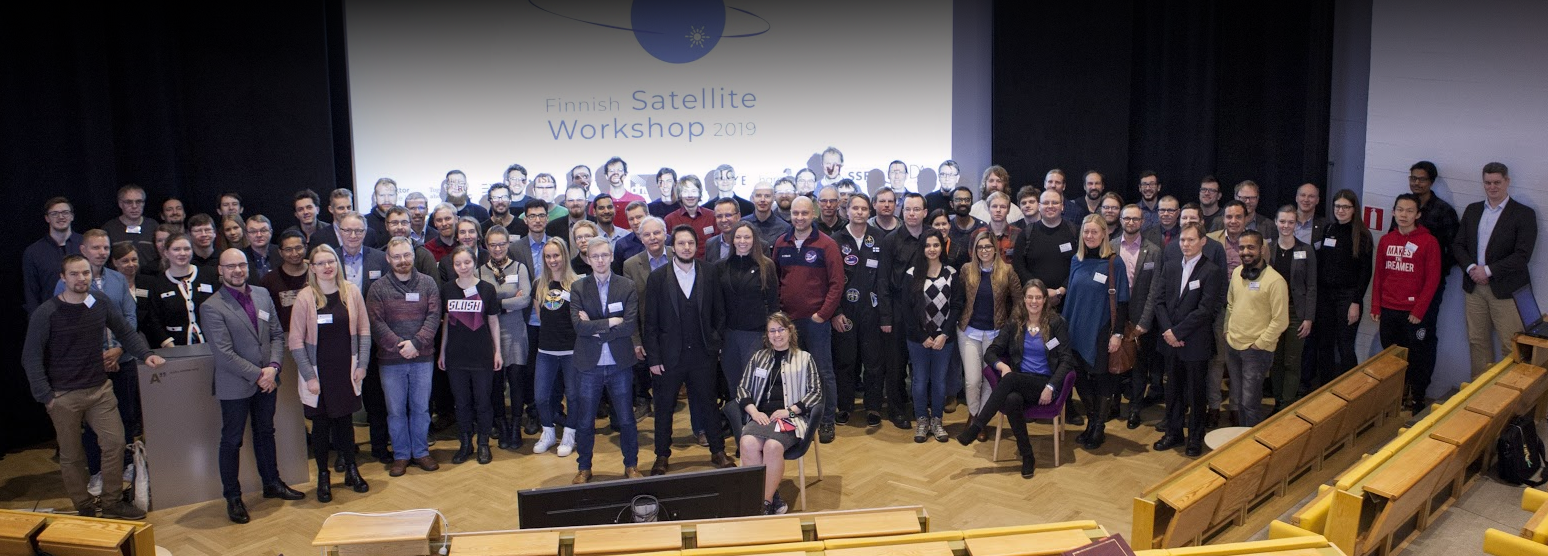
Finnish Satellite Workshop is the biggest space technology meeting in Finland. It brings together space tech specialists from the region to discuss current topics in rapidly developing space field. The scope is set on New Space, small satellite missions, small satellite platform development, space science missions and instruments, downstream and applications and sustainable utilization of space, not forgetting also about collaboration and politics.
The workshop format is relaxed, focusing on content and collaboration. If you have a nice idea, please propose your talk by submitting a small simple abstract. You can also propose workshop topics to be discussed during the meeting.
The happening is free of charge for pre-registered participants, including the social events and coffee breaks. The happening is also an excellent forum for companies, who can guarantee their visibility by sponsoring the event and reserving booth area.
Dipoli
Otakaari 24, 02150 Espoo
Finland
23.-25. January 2019
Check out the schedule below!
The Finnish Space Program is based around innovation and commercial utilization of space. Come hear how the space technology can help your business!
Space is an emerging global megatrend. Increasing numbers of satellites threaten the sustainable use of space for economy and science. Space assets are in key position in solution of sustainable development challenges as the only truly global tool. Without removal, space debris will eventually make certain critical orbits unusable and render our access to space endangered. The workshop will concentrate on mapping the current situation and finding ways of harnessing entrepreneurship and economy in finding economical solutions.
The 5G track provides a forum for engineers and scientists in academia, industry and government to present their latest research findings and visions regarding the role of 5G in satellite communications.
In this track, we explore views of European Space Agency, satellite operators, Finnish industry, and research organizations to enable a lively discussion on the topic.
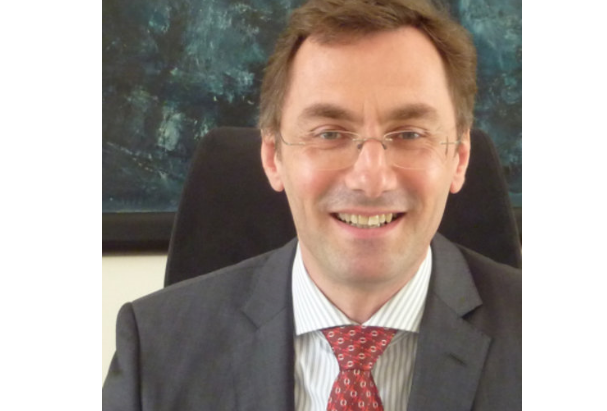
President, IISL
Space sustainability and space law

Chief Strategy Officer, ESA
Prof. Dr. Kai-Uwe Schrogl is the Chief Strategy Officer of the European Space Agency (ESA, Headquarters in Paris, France). From 2007 to 2011 he was the Director of the European Space Policy Institute (ESPI) in Vienna, Austria, the leading European think tank for space policy. Prior to this, he was the Head of the Corporate Development and External Relations Department in the German Aerospace Center (DLR) in Cologne, Germany. Previously he also worked with the German Ministry for Post and Telecommunications and the German Space Agency (DARA) in Bonn, Germany. He has been a delegate to numerous international forums and has served from 2014 to 2016 as chairman of the Legal Subcommittee of the United Nations Committee on the Peaceful Uses of Outer Space, the highest body for space law making, comprising 73 Member States. He also was chairman of various European and global committees (ESA International Relations Committee and two plenary working groups of the UNCOPUOS Legal Subcommittee, the one on the launching State and the other on the registration practice, both leading to UN General Assembly Resolutions). He presented, respectively testified, at hearings of the European Parliament and the U.S. House of Representatives. Kai-Uwe Schrogl is the President of the International Institute of Space Law, the professional association of space law experts from 48 countries, Member of the International Academy of Astronautics (recently chairing its Commission on policy, economics and regulations) and the Russian Academy for Cosmonautics as well as Corresponding Member of the French Air and Space Academy. He holds a doctorate degree in political science and lectures international relations as an Honorary Professor at Tübingen University, Germany. Kai-Uwe Schrogl has written or co-edited 17 books and more than 140 articles, reports and papers in the fields of space policy and law as well as telecommunications policy. He launched and edited until 2011 the “Yearbook on Space Policy” and the book series “Studies in Space Policy” both published by ESPI at SpringerWienNewYork. He sits on editorial boards of various international journals in the field of space policy and law (Space Policy, Zeitschrift für Luft- und Weltraumrecht, Studies in Space Law/Nijhoff; previously also Acta Astronautica).
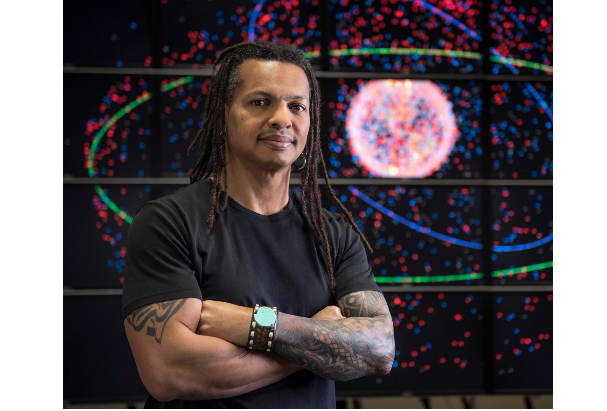
Associate Professor, University of Texas
Space Traffic Management

Associate Professor, University of Texas
Dr. Moriba Jah is an Associate Professor in the Aerospace Engineering and Engineering Mechanics Department at the University of Texas at Austin, and directs The CAST research program. His research interests are in non-gravitational astrodynamics and advanced/non-linear multi-sensor/object tracking, prediction, and information fusion. His expertise is in space object detection, tracking, identification, and characterization, as well as spacecraft navigation. Prior to being at UT Austin, Dr. Jah was the Director of the University of Arizona’s Space Object Behavioral Sciences with applications to Space Domain Awareness, Space Protection, Space Traffic Monitoring, and Space Debris research. Preceding that, Dr. Jah was the lead for the Air Force Research Laboratory’s (AFRL) Advanced Sciences and Technology Research Institute for Astronautics (ASTRIA) and a Principal Investigator for their Detect/Track/Id/Characterize Program at AFRL’s Space Vehicles Directorate. He received his B.S. in Aerospace Engineering from Embry-Riddle Aeronautical University, Prescott, Arizona, and his M.S. and Ph.D. in Aerospace Engineering Sciences from the University of Colorado at Boulder specializing in astrodynamics and statistical orbit determination. Before joining AFRL in 2007, he was a spacecraft navigator for NASA’s Jet Propulsion Laboratory (JPL) in Pasadena, CA, serving on Mars Global Surveyor, Mars Odyssey, Mars Express (joint mission with ESA), Mars Exploration Rovers, Hayabusa (joint mission with JAXA), and the Mars Reconnaissance Orbiter. Dr. Jah has served as a member of the U.S. delegation to the United Nations Committee on the Peaceful Uses of Outer Space (UN-COPUOS) and is the chair of the NATO SCI-279-TG activity on defining a Common NATO Space Domain Awareness Operating Picture. Dr.Jah founded the American Astronautical Society’s (AAS) Space Surveillance Technical Committee and is the past Chair of the AIAA Astrodynamics Technical Committee. He is a member of the Astrodynamics Technical Committee of the International Astronautical Federation (IAF) and a permanent member of the Space Debris Technical Committee of the International Academy of Astronautics (IAA). Dr. Jah is a Fellow of the International Association for the Advancement of Space Safety (IAASS), the AFRL, the AAS and the Royal Astronomical Society (RAS), as well as an AIAA Associate Fellow, IEEE Senior Member, and Associate Editor of the Advances in Space Research Journal. He has recently been inducted as a Corresponding Member of the International Academy of Astronautics (IAA) and gave formal testimony to the US Senate on his work. His research team, called The CAST (Computational Astronautical Sciences and Technologies), has developed this current snapshot of space traffic: http://astria.tacc.utexas.edu/AstriaGraph. He’s given TEDx talks, and been interviewed and invited the world over to speak at many conferences and symposia.

Director, CoE FORESAIL
Sustainable Space
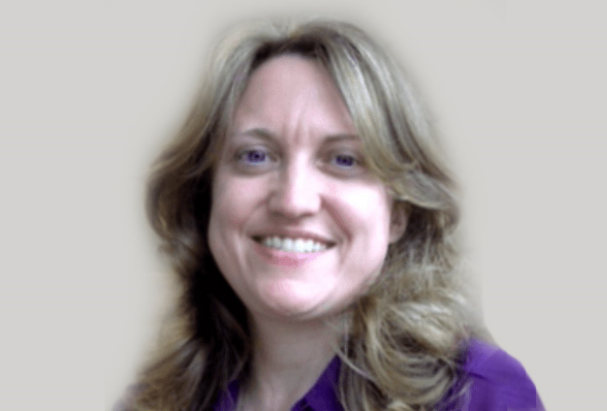
ESA
InCubed Funding
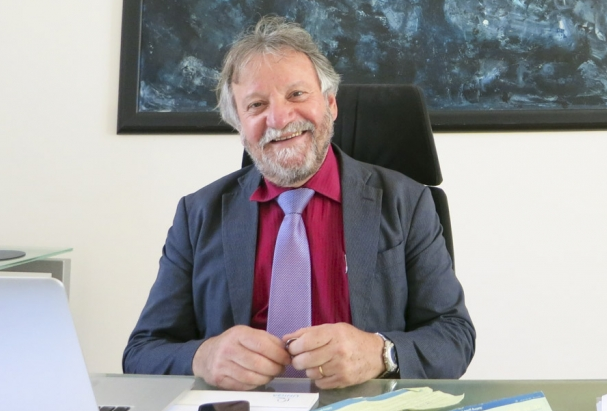
Director, European Space Policy Institute
European Space Policy
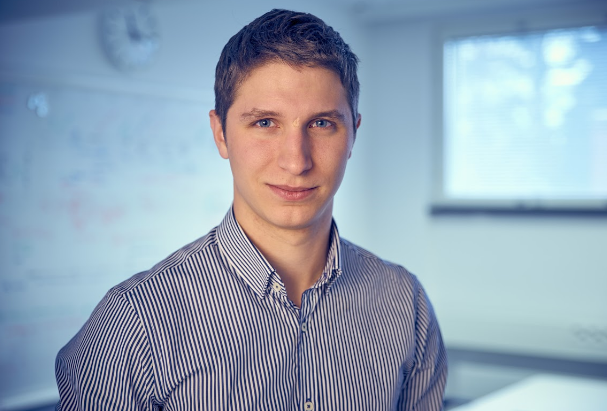
CEO, Iceye
New Space
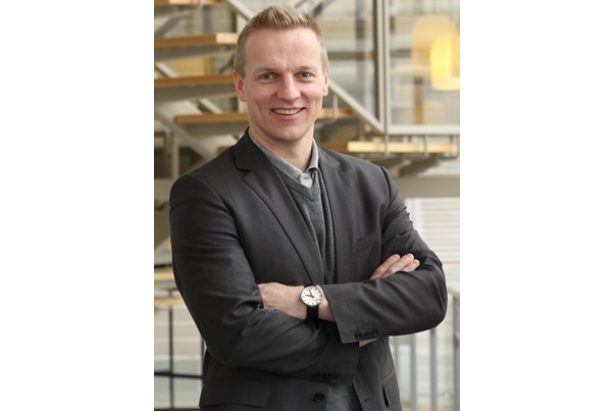
Business Finland
New Space Economy
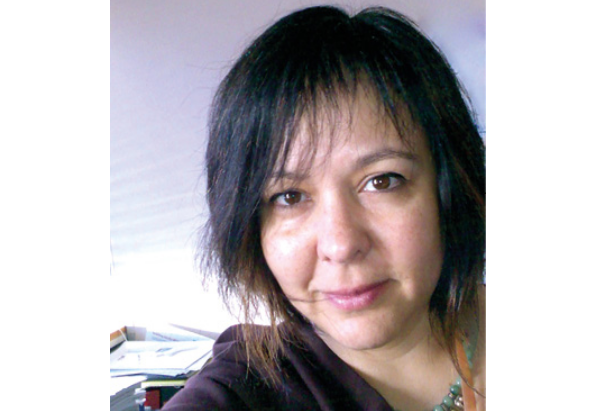
ESA ARTES program
5G in space
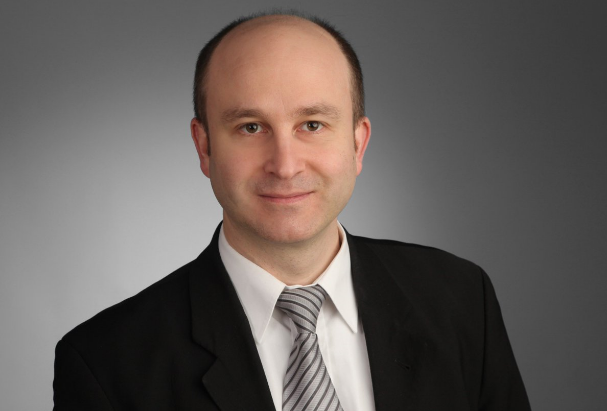
Head, ESA Space Debris Office
Preserving Near Earth Space for Spaceflight
The Conference lasts for three days with great speakers for each day
| Time | Session (Hall Lumituuli) | Speakers | Session (Hall Palaver) | Speakers |
|---|---|---|---|---|
| 08:30 | Registration opens | |||
| 09:00 | New space | |||
| 09:00 | Welcome | Organizers | ||
| 09:20 | New Space Economy in Finland | Kimmo Kanto | ||
| 09:40 | Small satellites for science and business | Jaan Praks | ||
| 10:00 | New Space Approach to Create World-First Technology | Rafal Modrzewski | ||
| 10:20 | Want to launch a satellite? Remember to apply for a licence! | Maija Lönnqvist | ||
| 10:40 | Coffee and Industry Stands | |||
| 11:00 | 5G | Earth Observation | ||
| 11:00 | Getting 5G Ready | Maria Guta | Copernicus program status and future | Mikko Strahlendorff |
| 11:20 | Small satellites in telecom systems | Juha-Matti Liukkonen | BalticSatApps: Speeding up Copernicus-based innovation in the Baltic Sea Region | Cemal Melih Tanis |
| 11:40 | Nokia 5G through space | Timo Aitto-Oja | Societal applications of satellite-based observations for air pollution monitoring | Iolanda Ialongo |
| 12:00 | CubeSat-based characterization of ionospheric propagation properties of W-Band signals: The W-Cube mission | Janne Kuhno | Monitoring Greenhouse Gases with Satellites: Where are we now and how does FMI contribute? | Hannakaisa Lindqvist |
| 12:20 | Coexistence of Fixed Satellite Service (FSS) and LTE/5G on 3.5 GHz band in the CBRS system | Jaakko Ojaniemi | Estimating the radiation balance of the Earth using GNSS satellite orbits and DSCOVR Deep Space Climate Observatory images | Antti Penttilä |
| 12:40 | Lunch | |||
| 13:40 | Developing New Space | 5G | ||
| 13:40 | ESA Earth Observation and InCubed | Amanda Regan | Autonomous ships: Need for integrated satellite-terrestrial systems | Marko Höyhtyä |
| 14:00 | ESA Business Incubator Centre Finland | Kimmo Isbjörnsund | Massive and Heterogeneous Hybrid Satellite Terrestrial Networking | Taneli Riihonen |
| 14:20 | Ensuring technical quality in the NewSpace development process | Matti Anttila | Satellite communications for public safety applications | Ari Hulkkonen |
| 14:40 | Old and New Space, Business and Research: (How) do they combine ? | Juhani Huovelin | Quantum communication | Vidmantas Tomkus |
| 15:00 | ESA Business Applications - bringing Space to Daily Life | Miranda Saarentaus | Integration of 5G and Satcom | Marja Matinmikko-Blue |
| 15:20 | Coffee and Industry Stands | Coffee | ||
| 15:40 | Missions I | Business meetings and pop-up workshops | ||
| 15:40 | Asteroid Prospection Explorer (APEX) CubeSat for Hera mission | Tomas Kohout | Reserve on site | |
| 16:00 | Lappi satellite - better service for visitors of Lapland who want to see the Aurora | Esa Turunen | Reserve on site | |
| 16:20 | SEAM and MATS - two upcoming Swedish small satellite missions | Georgi Olentsenko | Reserve on site | |
| 16:40 | Suomi 100 satellite mission | Esa Kallio | Reserve on site | |
| 17:00 | PTScientists’ Mission to the Moon: Return to the Apollo-17 Landing Site | Chaitanya Gopal | Reserve on site | |
| 17:30 | Cocktail | |||
| 19:00 | Sauna |
| Time | Session (Hall Lumituuli) | Speakers | Session (Hall Palaver) | Speakers |
|---|---|---|---|---|
| 08:30 | Registration opens | |||
| 09:00 | Sustainable Space I | |||
| 09:00 | Sustainable Space | Minna Palmroth | ||
| 09:10 | Space sustainability and space law | Kai-Uwe Schrogl | ||
| 09:20 | Preserving Near Earth Space for Spaceflight | Holger Krag | ||
| 09:45 | European Space Policy | Jean-Jacques Tortora | ||
| 10:10 | AstriaGraph: a knowledge graph for space safety, security, and sustainability | Moriba Jah | ||
| 10:30 | European Comission take on Space Debris | Rodolphe Munoz | ||
| 10:50 | Coffee and Industry Stands | |||
| 11:10 | Threats and Situational Awareness | Services and Enablers | ||
| 11:10 | Space Situational Awareness Strategy for Finland | Jenni Virtanen | ALD Coatings on Electronics for Space Applications | Marko Pudas |
| 11:30 | Space meets Security | Torild Lorentzon | Third party equipment qualification | Emil Vinterhav |
| 11:50 | Overview of space geodetic satellite opportunities | Jouni Peltoniemi | RUAG Space - Electronics for New Space | Juha Kuitunen |
| 12:10 | Ensuring survivability of FORESAIL-2 in a harsh radiation environment | Alexandre Bosser | Ground segment as a Service | Timo Ryyppö |
| 12:30 | ReSoLVE Centre of Excellence: Scientific scope and results | Kalevi Mursula | ||
| 12:50 | Lunch | |||
| 13:40 | Missions II | Business meetings and pop-up workshops | ||
| 13:40 | New SAR Microsatellite Mission from ICEYE | Pekka Laurila | Reserve on site | |
| 14:00 | TalTech cubesat Earth Observation mission | Rauno Gordon | Reserve on site | |
| 14:20 | OTSO, Opportunistic mission for Thermal system demonstrator, hyperSpectral imaging and radiation flux Observation | Leo Nyman | Reserve on site | |
| 14:40 | In-flight calibrations of Aalto-1/RADMON | Philipp Oleynik | Reserve on site | |
| 15:00 | ESTCube-2: Plasma brake deorbiting experiment and stepping stone for demonstrating electric sail in solar wind | Andris Slavinskis | Reserve on site | |
| 15:20 | Coffee and Industry Stands | |||
| 15:40 | Missions III | Business meetings and pop-up workshops | ||
| 15:40 | Developing a New Space Economy Innovation Center for the Kvarken region and case KvarkenSat | Heidi Kuusniemi | Reserve on site | |
| 16:00 | Three ways to asteroid in-situ interior investigation | Mika Takala | Reserve on site | |
| 16:20 | KTH Mist mission | Agnes Gårdebäck | Reserve on site | |
| 16:40 | Results from SKCUBE mission | Jakub Lajmon | Reserve on site | |
| 17:00 | Aalto-3 – The Open Source Student Satellite | Alexandros Binios | Reserve on site | |
| 17:30 | Cocktail | |||
| 19:00 | Sauna |
| Time | Session (Hall Lumituuli) | Speakers |
|---|---|---|
| 08:30 | Registration opens | |
| 09:00 | Instruments | |
| 09:00 | Particle Telescope on-board FORESAIL-1 | Rami Vainio |
| 09:20 | Hyperspectral imaging activities at VTT | Antti Näsilä |
| 09:40 | Design of a proof of concept scientific grade multispectral imager for nanosatellites | Joosep Kivastik |
| 10:00 | Timepix Radiation Monitor Payloads for Satellites and Cubesats | Carlos Granja |
| 10:20 | Small magnetometers for detecting solar wind helicity | E.I. Tanskanen |
| 10:40 | Proximity Sensor for Small Satellite Missions | Juha Kainulainen |
| 11:00 | Coffee and Industry Stands | |
| 11:20 | Propulsion | |
| 11:20 | Propulsion and other key technologies for constellations | Tor-Arne Grönland |
| 11:40 | Launch of sounding rockets from from high altitude balloon platform and its practical applications | Pauls Irbins |
| 12:00 | Aalto Propulsion: developing hybrid rocket engines | Perttu Yli-Opas |
| 12:20 | Aurora propulsion | Roope Takala |
| 12:40 | Improving satellite attitude determination using software - ESTCube-2 example | Hendrik Ehrpais |
| 13:00 | Lunch | |
| 13:40 | Ground segment and services | |
| 13:40 | Satellites and frequency regulation | Otto Mangs |
| 14:00 | Aalto GS | Tatu Peltola |
| 14:20 | SatNOGS | David Gelkin |
| 14:40 | KitSat – an innovative Educationational Satellite System | Jari Mäkinen |
| 15:00 | Moon Cubesat Hazard Assessment (MOOCHA) – An International Earth-Moon Small Satellite Constellation | Alexandros Binios |
| 15:20 | Bistatic full-wave radar inversion detects deep interior voids, cracks and boulders in a rubble-pile asteroid model | Liisa-Ida Sorsa |
| 15:40 | Final words |

